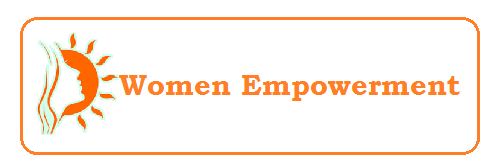
The term “Women Empowerment” refers to empowering women with education, employment, decision making, and better health in view of an equal and just society. Women Empowerment is a process to make the women financially independent, educated and progressive, enjoying a good social status. Women since ages have been struggling to be socially and professionally recognized as equivalent to men.
Chanakya
Women are the real architects of society.
Constitutional Safeguards
Preamble:
The Preamble of the Constitution of India assures:
- Justice social, economic and political.
- Liberty of thought, expression, belief, faith and worship.
- Equality of status and opportunity.
- Fraternity assuring dignity of the individual
- Thus it treats both men and women equal.
Fundamental Rights:
- Article 14 ensures to women the right to equality.
- Article 15(1) specifically prohibits discrimination on the basis of sex.
- Article 15(3) empowers the State to take affirmative action in favour of women.
- Article 16 provides for equality of opportunity for all citizens in matters relating to employment
Directive Principles of State Policy:
- Article 39 (a) provides that the state directs its policy towards securing for men and women equally the right to an adequate means of livelihood.
- Article 39 (d) mandates equal pay for equal work for both men and women.
- Article 42 provides that the state make provision for securing just and humane conditions of work and for maternity relief.
Government Schemes for Development of Women
Sensitization & Education:
- Beti Bachao Beti Padhao, a comprehensive programme to address the declining Child Sex Ratio (CSR) and related issues of women over a life-cycle continuum.
- Gender Budgeting Scheme for mainstreaming gender perspective at various stages of planning, budgeting, implementation, impact assessment and revisiting of policy objectives and allocations.
Health & Nutrition:
- Pradhan Mantri Matru Vandana Yojana (PMMVY), maternity Benefit Programme by providing cash incentives for improved health and nutrition to pregnant and nursing mothers.
- Integrated Child Development Services (ICDS) Scheme for development of children up to 6 years of age and to meet nutritional needs of pregnant women and lactating mothers.
- National Nutrition Mission (NNM) as an apex body for nutrition related interventions across the Ministries to reduce the level of stunting, under-nutrition, anaemia and low birth weight babies.
- Scheme for Adolescent Girls (SAG) (earlier called as SABLA) aims at girls in the age group 11-18, to empower and improve their social status through nutrition, life skills, home skills and vocational training.
Community Participation:
- Pradhan Mantri Mahila Shakti Kendra scheme, promote community participation through involvement of Student Volunteers for empowerment of rural women.
- National Rural Livelihoods Mission (NRLM) for creating efficient and effective institutional platforms of the rural poor, enabling them to increase household income through sustainable livelihood enhancements and improved access to financial services.
Financial Empowerment:
- Rastriya Mahila Kosh (RMK) to provide micro-credit to poor women for various livelihood support to bring about their socio-economic development.
Resource Availability:
- Swadhar Greh to provide relief and rehabilitation to destitute women and women in distress.
- Schemes of One Stop Centre (OSC) and Women Helpline (WH) to facilitate access to an integrated range of services including medical aid, police assistance, legal aid, psychosocial counseling to women affected by violence.
- Ujjawala, for prevention of trafficking and for rescue, rehabilitation, re-integration and repatriation of victims of trafficking for commercial sexual exploitation.
- Pradhan Mantri Ujjwala Yojana (PMUY) to protect women from health hazards of cooking by providing free gas connection to women.
Women Inspirations
Avani Chaturvedi: First Woman Fighter Pilot in Indian Air Force
- Avani is one of the three in the first batch of female pilots, besides Bhawana Kanth and Mohana Singh, who were inducted in Indian Air Force fighter squadron on 18 June, 2016.
- She hails from Rewa (MP).
- In 2018, she became the first Indian woman pilot to take a solo flight in a MiG-21.

Gita Gopinath: First Indian Women to become IMF Chief Economist
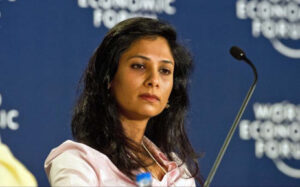
- Gita is the second Indian after former RBI governor Raghuram Rajan to hold the position.
- She was born in Calcutta (1971) and grew up in India. She is a US citizen and an Overseas Citizen of India.
Jacinda Ardern: New Zealand Prime Minister
- Jacinda Ardern has made history as the first world leader to attend the United Nations general assembly meeting with her baby in tow on 23 Sep, 2018.
- The picture of her with baby was recognized as the strongest picture of the decade for women equality.
- She is one of only two elected world leaders to have delivered a baby while in office.
- She faced criticism for adjusting her official schedule to attend Pacific Island Forum to breast-feed.
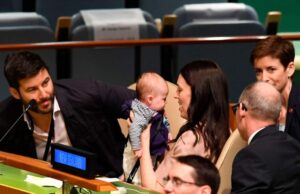
Kalpana Chawla: First Indian Women in Space
- After graduating from Punjab Engineering College, she moved to The United States in 1982 to join NASA later.
- She became the first woman of Indian origin to fly to space in 1997 as a part of six-member crew that flew the space shuttle Columbia.
- She was again a part of space mission in 2003. However, while re-entering the atmosphere of the Earth, she died as the space craft broke apart due to some faults in the space craft.
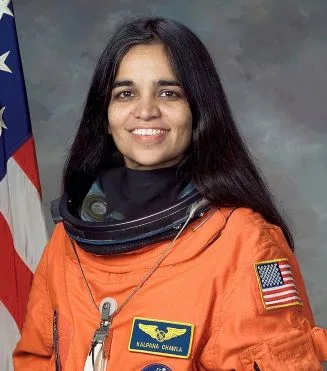
Bhuri Bai: First International Tribal Artist
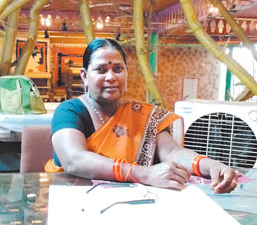
- She is known for popularizing Bhil paintings all over the world.
- She hails from Jhabua (MP) and started as a construction labourer.
- Bhuri Bai is now a permanent employee at Tribal Museum (Bhopal) and has received the Shikhar Samman and Devi Ahilya award.
Anandibai Gopalrao Joshi: First Indian Female Physician
- She became the first Indian female physician in the year 1887.
- She was also the first Indian woman who was trained in Western medicine and the first woman to travel to the United States of America.
- She was later diagnosed with tuberculosis, which ultimately caused her death.
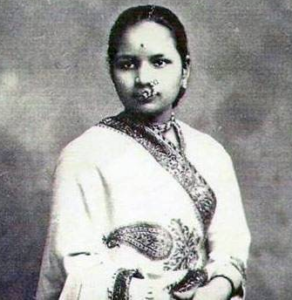
Arati Saha: First Indian woman to swim across English Channel
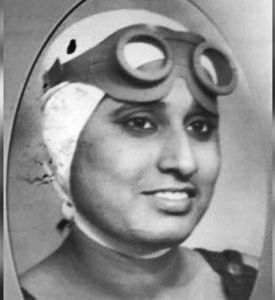
- She became the first Indian and Asian woman to swim across English Channel in the year 1959.
- She also became the first female sportsperson to be awarded Padma Shri in 1960.
Justice Anna Chandy: First Female High Court Judge (1959)
- After independence, in 1948, she became a district court judge. After serving 11 years at that position, in 1959, she was promoted to the high court in Kerala.
- She founded a magazine named Shrimati, which aimed to promote the cause of women’s rights.
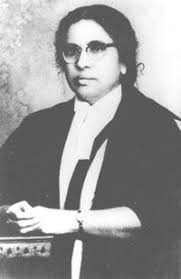
Savitribai Phule: started first Girls School
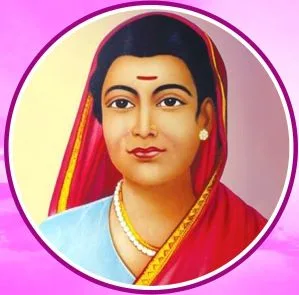
- She was married to social reformer Jyotiba Phule at the age of 9 years.
- She, with her husband started the first girls’ school in 1848 at Pune which was open for the schedule caste also against the strong social resistance.
- She always advocated for the girl education, gender equality and women rights.
Gender Inequality & Effects
- IMF chief Christine Legarde says that gender equality at work would increase the GDP growth by 35%.
- In last 10 years, Gender Gap has decreased by 8% in India which is higher than that of bigger economies. The highest decrease is seen in politics, followed by education and health.
- A recent report by Oxfam has found that the gender wage gap in India is highest among Asian nations, women are paid 34% less compared to men for performing the same job and with same qualifications also the Women’s labour force participation in India is the lowest in the world.
- In India, the participation of women in labour force is 27% which is the lowest among BRICS countries and among G20 countries.
- Theme of International Women’s Day 2019: ‘Think Equal, Build Smart, Innovate for Change’

 Home
Home Syllabus
Syllabus Contact Us
Contact Us
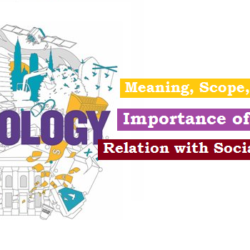
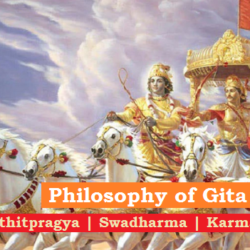
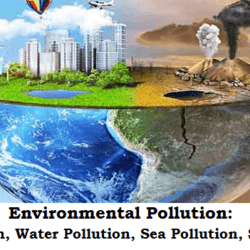
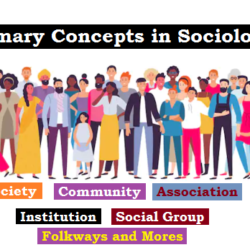
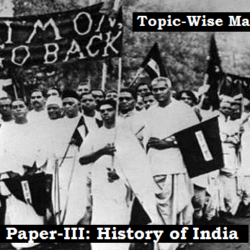
1 thought on “Women Empowerment (महिला सशक्तिकरण)”